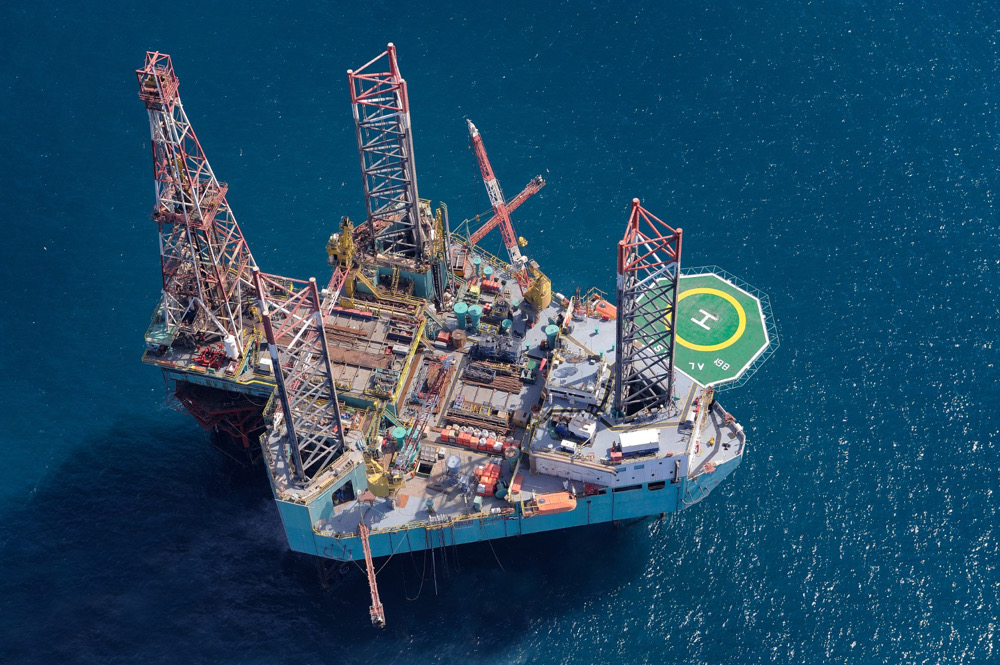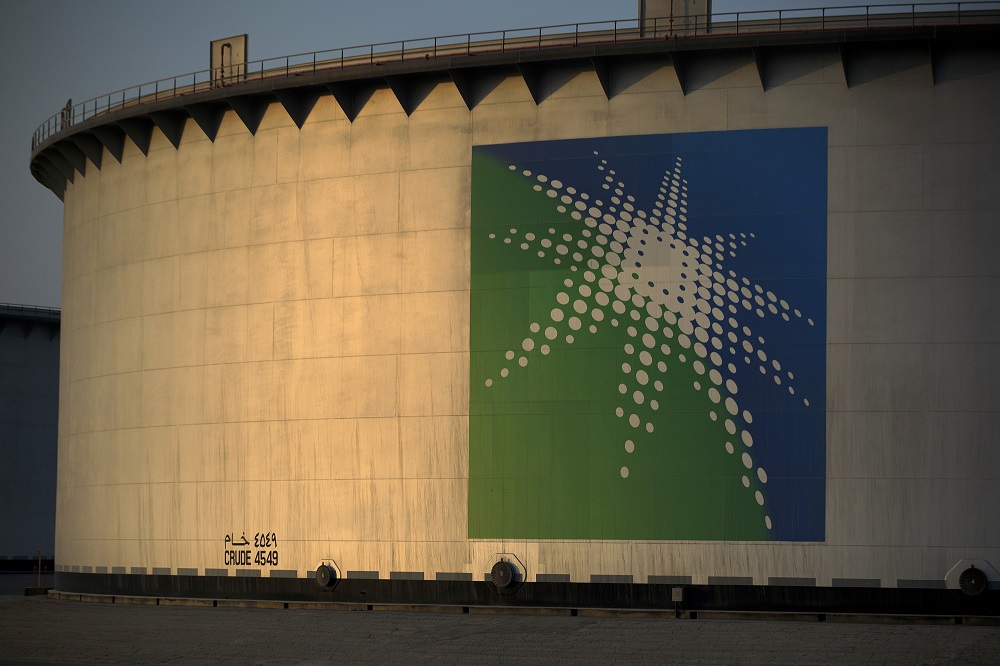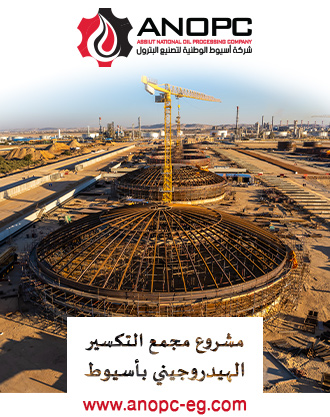International
Saudi Crude Flotilla Heads for Delays Unloading in U.S. Ports
Published on : 2020-05-14
.jpeg)
Bloomberg - Supertankers laden with Saudi Arabian crude heading to U.S. shores are taking longer than normal to discharge as smaller ships used in the process have become hard to find.
Increased crude deliveries from OPEC’s largest producer to the U.S. Gulf Coast and the reliance on a limited number of small ships contracted by buyers to help unload the cargoes are causing lengthier wait times, said market participants. The delays may even worsen before they ease, they said.
An armada of Saudi oil is still en route to the U.S., a product of a price war with Russia back in March, where the kingdom flooded the market with oil and offered cargoes to the U.S. at the lowest prices in years. Saudi pumped a record of more than 11 million barrels a day in April.
About a month ago, there were 18 supertankers headed for the Gulf of Mexico compared to only seven normally seen, said Peter Sand, chief shipping analyst at industry group BIMCO.
It “comes as no surprise to me that it’s taking more time to discharge VLCCs on the U.S. Gulf Coast. I expect the oil to get into the U.S. only with some delay,” Sand said.
In a process known as reverse lightering, it usually takes four to six days to fully unload a Very Large Crude Carrier, a 2-million barrel ship that can deliver Saudi oil, said Stephen Wolfe, head of crude oil at consultant Energy Aspects Ltd. Buyers in the U.S. often rent three 600,000-barrel smaller or lightering vessels to complete the process, he said.
Since late April, three Saudi oil-carrying ships have had to wait over a week to offload cargoes since arriving, according to ship tracking data compiled by Bloomberg. The VLCC Dalian arrived on the Gulf Coast on May 1 and so far has only unloaded half of its cargo, tracking data show. Prior to this, two other ships, Lulu and Aslaf, completed discharging all their cargo after about two weeks, data show.
The incremental demand for lightering ships has now pushed up the cost to rent them. Prices have increased by $50,000 per trip to $350,000 this month, market participants said.
There’s still 20 VLCCs laden with Arabian oil set to arrive in the U.S. through the end of June, ship tracking data show. The prospect of more cargoes may push up lightering costs even further.







